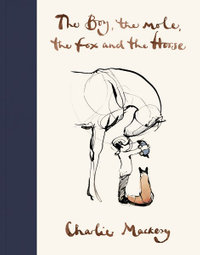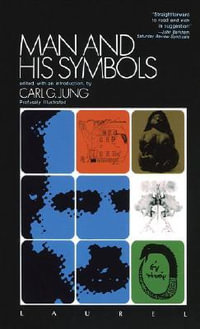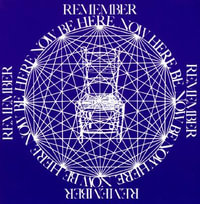Are human beings naturally endowed with a conscience? Or is morality artificially acquired through social pressure and instruction? Most people assume that modern science proves the latter. Further, most of our current social policies are based upon this “scientific” view of the sources of morality. In this book, however, James Q. Wilson seeks to reconcile traditional ideas with a range of important empirical research into the sources of human behavior over the last fifty years. Marshalling evidence drawn from diverse scientific disciplines, including animal behavior, anthropology, evolutionary theory, biology, endocrinology, brain science, genetics, primatology, education and psychology, Wilson shows that the facts about the origin and development of moral reasoning are not at odds with traditional views predating Freud, Darwin and Marx. Our basic sense of right and wrong actually does have a biological and behavioral origin. This “moral sense” arises from the infant’s innate sociability, though it must also be nurtured by parental influence. Thus, this book revives ancient traditions of moral and ethical argument that go back to Aristotle, and reunifies the separate streams of philosophical and scientific knowledge that for so long were regarded as unbridgeable.
Industry Reviews
A slow-paced but utterly intriguing examination of the development of the "moral sense" that governs human conduct in all cultures and times. Wilson (Management and Public Policy/UCLA; On Character, 1991, etc.) contends that most modern sociologies and psychologies are flawed insofar as they maintain that there's no such thing as an identifiable "human nature" that will develop under most circumstances without external coercion. The legal theories of John Rawls, the political agendas of Marx and Lenin, and much of Freudian psychology were organized around this idea - which Wilson claims to be demonstrably false. Basing his own theory upon a large body of experimental research, Wilson holds that the development of empathy, conscience, and altruism is a natural process that takes place as an inevitable response to the contradictions of childhood socialization. "We learn to cope with the people of this world," Wilson says, "because we learn to cope with the members of our family." The family is the crucial element in the process, and Wilson points to the weakening of the family bond as the root of most of today's social dysfunctionalism. Parts of his argument - particularly his pessimism regarding the effects of nonmaternal child care - will be a provocation to orthodox feminists, but there's nothing doctrinaire or simplistic in Wilson's critique of our current wisdoms. (His extensive notes and bibliography will be useful to scholars interested in the field.) Dry and overly anecdotal at times, but Wilson manages to take sociology out of the realm of theory without reducing it to policy. A refreshing and timely work. (Kirkus Reviews)
























